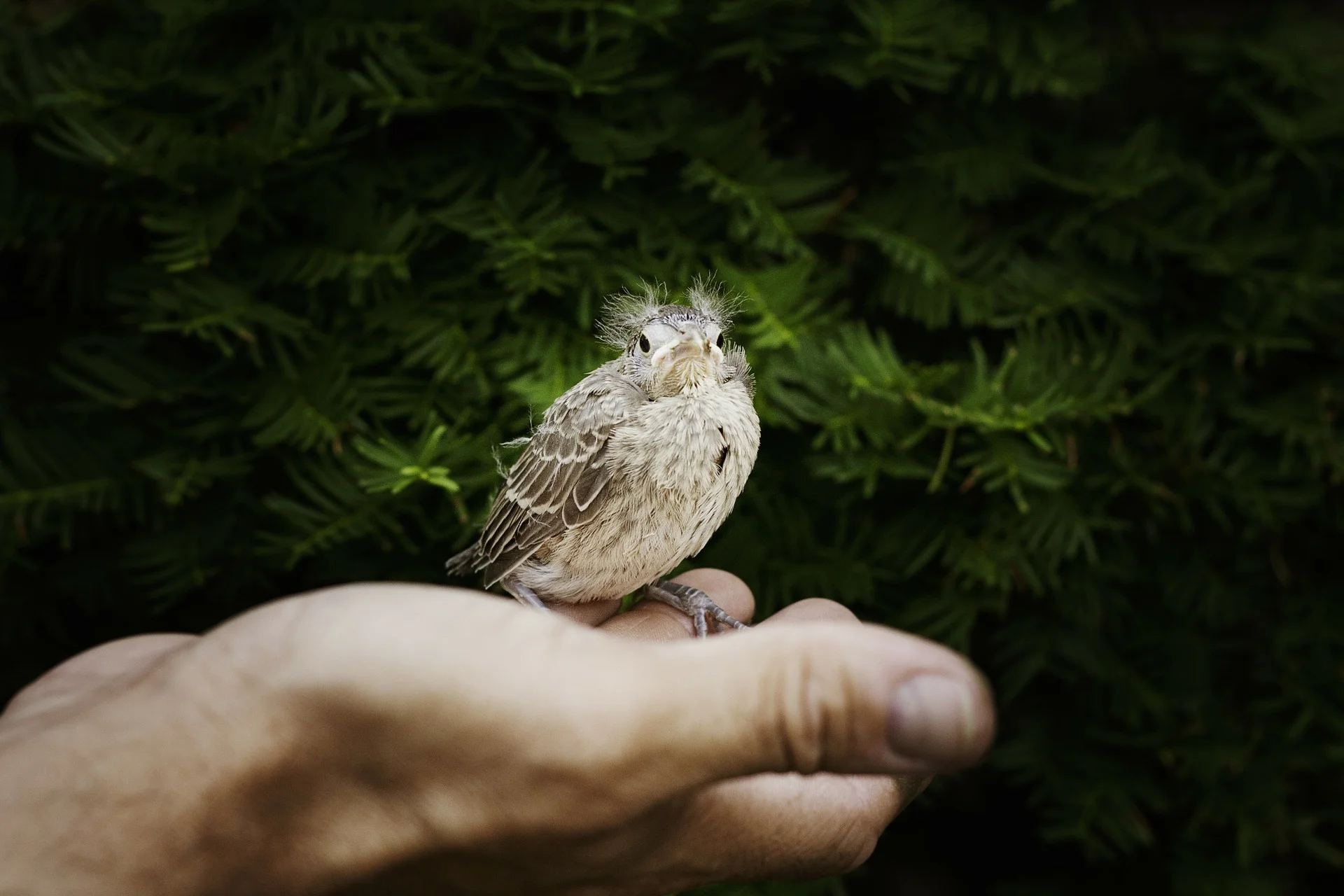"How hard can it be to..."
Just a kid.
One of my students, age fourteen, is an accomplished amateur ornithologist.
The other day, we were looking at a picture of a bird. I said it looked like a house finch, and he said something like, "No, this bird’s [technical term] is more [technical term], and its wings have [technical term] along the [technical term]. They look nothing alike.”
You see, I don’t have enough bird-related knowledge to hang onto what he said. I definitely do not have the expertise to see the differences between these two bird species at a glance. Where I see “small brownish bird,” my student sees a dazzling level of detail. The difference is so clear to him that he can’t even see how I can’t see it.
Often referred to as “the curse of knowledge,” this issue bedevils well-meaning adults who cannot appropriately calibrate their expectations of children. This is how I, as a tutor, end up spending almost an hour helping a second grader cut letters out of magazines and gluing them to a piece of paper so that he can practice his spelling words in the form of a “ransom note.” For an eight-year-old, this is not a spelling activity. This is a long and excruciating motor planning exercise (and that’s before the glue that’s all over your fingers complicates your subsequent scissor work). I’m sure his teacher thought it was a cute way to spend ten minutes.
The curse of knowledge comes up every time we ask a kid to do something they haven’t been explicitly taught to do (clean their room, take notes in class, or make a nutritious lunch) or haven’t practiced much (do the dishes, negotiate a formal social setting, divide a fraction by a fraction). We can’t see why they can’t get it. We are setting ourselves up for disappointment.
As my mother says, “Your expectations are reasonable. And they’re way too high.”
Human development is a miracle. Eight years ago, she was pooping in her pants and couldn’t say a complete sentence — now, she’s learning about the Mongols, playing on a soccer team, and reminding everyone in the house to recycle. However, there are still some things that she may not be developmentally ready for, no matter how easy they seem to you.
It may appear to be laziness, carelessness, or poor listening. But I encourage you to allow for the possibility that you’re bearing witness to your child’s very best effort.
You may think he’s not trying hard enough — but he may be giving it everything he’s got. He’s actually doing the best he can.
So instead of focusing on a standard that you think your child should be able to meet, pay attention to the growth you see.
It may be tiny, but it’s there. You only have to remind her three times to use a napkin at dinner. He hesitates for a shorter amount of time when calculating 8 + 7. She only went off the paper and wrote on the coffee table once this time.
“How hard can it be to (fill in the blank)?” Harder than you think. Harder than you remember. It’s okay to be annoyed and impatient sometimes — you’re doing the best you can, too — but make space to be amazed and delighted, too.
